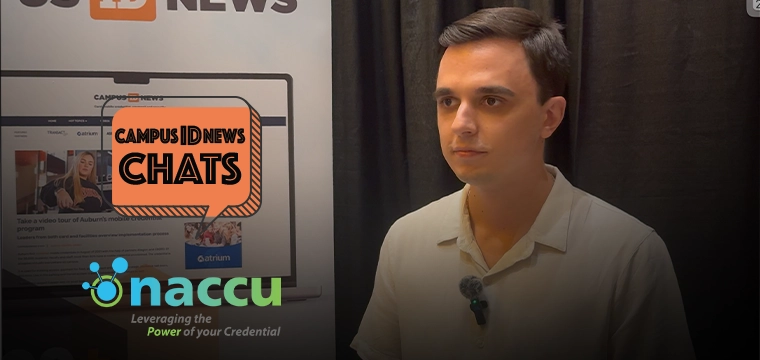The typical on-campus card program begins as an acorn of sorts, humbly starting with little to show but promise. But in time things began to click, successive years of orientation classes produced cardholders that embraced the ease of use and ubiquitous acceptance of the card. Average balances grew as the program hit its stride as a key component in dining, vending, laundry, library and many other applications. The program managers and upper level administrators became aware of the cards value and developed more realistic expectations regarding the financial contribution to the campus coffers. Things were good for the program.
While things were cooking along on campus, the off-campus community may not have shared the level of enthusiasm regarding the card program. Some merchants were upset that they weren’t allowed to accept the card, others who could accept it blushed at the high transaction fees, and those offering similar services (e.g. bookstore, restaurants) decried the perceived unfair business practices promoted by the university. Some went further and pushed for (and in some cases received) legislative changes to “level the playing field,” in some cases preventing or curtailing off-campus offering of the university card (North Carolina), other times mandating it (Ohio), and sometimes preventing the integration of banking services with the campus card program (Idaho). Others sought off-campus facsimile’s of on-campus services, including private meal plans for off-campus use.
Without question, some of these efforts made the planning and execution of campus card business plans more difficult. However, as you will find in this month’s issue of CR80News, institutions and their entrepreneurial architects have found ways to prosper in spite of these challenges. Those success stories, and there are many more of them than are mentioned in this issue, are typically a result of adherence to good fundamental business practices including location, service, and value. With those assets the program will excel, without them the problems will be far greater than those challenges faced off-campus.
Chris Corum
Editor
[email protected]




